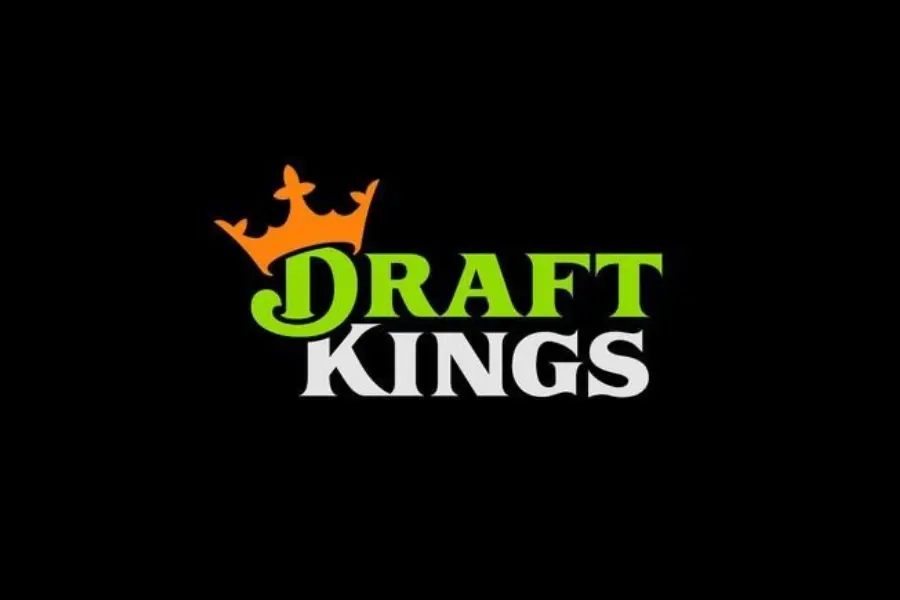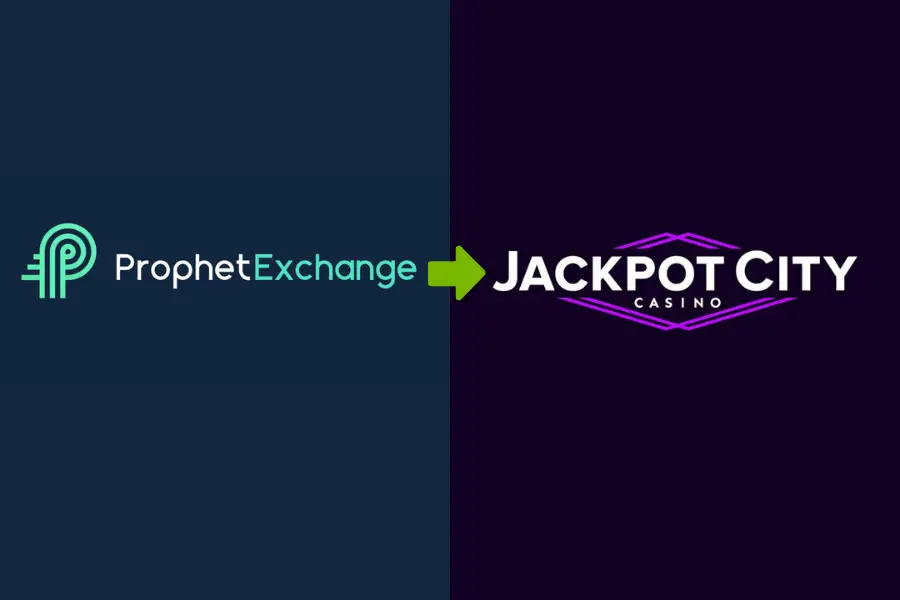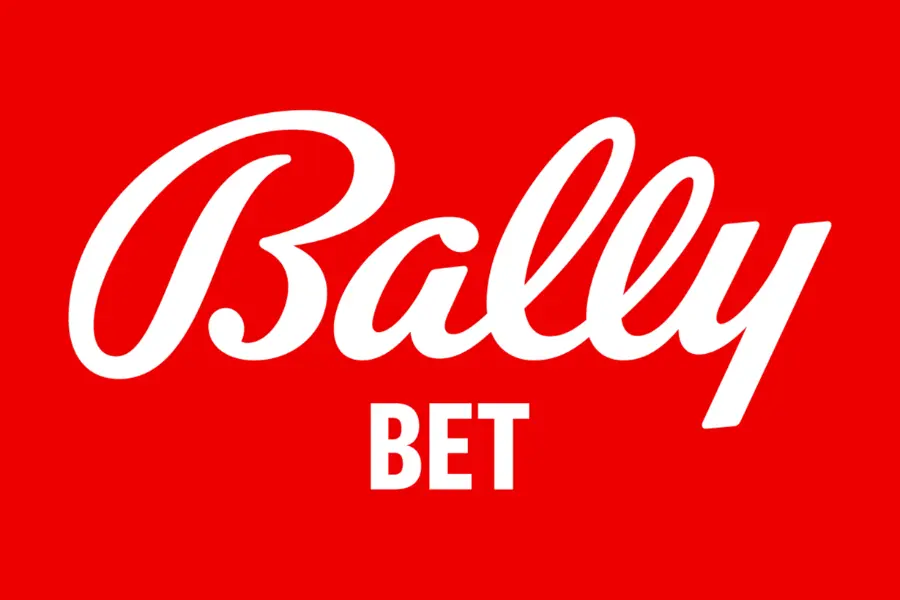Retired Nevada District Court Judge Cheryl Moss, who spent two decades as a family court judge and saw many examples of the dangers of compulsive gambling, has spent more than a year trying to persuade New Jersey lawmakers to create a “Gambling Treatment Diversion Court Pilot Program.”
After 30 minutes of testimony recently – including by Moss – a state Assembly committee in Trenton moved a bill on the matter forward by a unanimous vote of 7-0. The program would be similar to drug and alcohol diversion programs that already are in place in New Jersey.
Moss testified that she was the first judge to preside over that state’s version of this concept.
“There is a need for this program,” Moss said, stressing that many people are vulnerable to becoming addicted to gambling.
“It could be anybody you know – your brother, your sister, your cousin.”
“These type of people don’t belong in incarceration – they need help,” added Moss, who said she grew up in New Jersey.
The estimated cost of incarcerating an individual is $61,000, Moss testified, adding a budgetary point to the ones she made about assisting problem gambling so they don’t go back to a criminal path. Without treatment, she added, it is very typical for a troubled gambler to steal again to fund their addiction.
Prison time for gambling addicts often exacerbates their problems, testified recovering compulsive gambler Daniel Trolaro, now vice president of Prevention for EPIC Risk Management, because gambling is so commonplace among inmates.
“There is a better way than warehousing addiction,” Trolaro said.
Trolaro added that he was a successful financial planner at a large firm but “I stole a lot of money” from clients to feed his gambling habit, leading to his incarceration.
Other gaming experts weigh in
The bill has been championed by Assembly Tourism, Gaming & The Arts Chairman Ralph Caputo, who spent several decades as an Atlantic City casino executive.
New Jersey has been at the forefront of legal gambling expansion in the U.S., launching online casino gaming in 2013 and winning a six-year court battle in 2018 against the NFL and four other sports organizations at the U.S. Supreme Court.
“We knew there were addiction problems, and we didn’t have any solutions,” Caputo said about the “unintended consequences” of new forms of state-authorized gambling. “These provisions make sense.”
“We need to balance the thirst for tax revenue with the impact that gambling has on people, as far as addiction,” Caputo said.
Another expert who testified at the hearing was Lia Nower, the managing director of the Rutgers University School of Social Work.
Research by the university’s Center for Gambling Studies alarmingly found that the number of compulsive gamblers in New Jersey is three times the national average. She added that the issue, researchers found, disproportionately impacts people of color in the state.
The center also found that the fastest-growing group of sports bettors in New Jersey are adults age 21 to 24.- and that about 10% of compulsive gamblers responded that they have attempted suicide.
The lone note of caution about the bill came from Andrea Johnson, an official from the state Administrative Office of the Courts, the agency that would run the new program.
While saying she appreciated “the spirit” of the bill, she added that there may not be a need for an entirely separate gambling program” apart from drug and alcohol versions of this proposed program.
The plan for the diversionary courts for gamblers is to have three regional courts in the state.To be eligible, offenders would have to agree to submit to treatment for their problem gambling and also to be supervised by a qualified mental health professional for at least one year.
If a judge later approves, their convictions could be set aside – an important motivating factor for potential entrants into the program.
Other Gambling Bills Advance
Two other bills also were advanced by the committee at the same hearing: A5226 and AR168.
The first would “prohibits sports wagering partnerships at public institutions of higher education.”
Caputo said the issue was important because a number of U.S. universities have agreed to partner with sports betting companies so the latter could more effectively market to students – many of whom are not of legal age to gamble.
Perhaps the largest such deal was reached in 2021 by Michigan State University – $8.4 million to be paid by Caesars Sportsbook over a span of five years.
In late March, the American Gaming Association, announced a revision to its recommended promotional code for sports wagering to prohibit its member gaming companies from partnering with schools to “promote, market or advertise sports wagering activity” and from making so-called name, image, and likeness deals with amateur athletes.
However, Caesars is no longer an AGA member, and Australian-based SportsBet has never belonged to the organization.
Even so, the University of Colorado earlier in March and PointsBet agreed to cancel its $1.6 million deal after a wave of public criticism – especially a provision that included a $30 referral bonus paid to the university each time PointsBet’s promotional code was used to place a bet.
Caputo, the former casino executive, called such partnerships “obscene.” After unanimous approval, the bill was referred to the Assembly Higher Education Committee.
The final matter to move forward was a resolution that “condemns the overproliferation of pro-gambling ads in New Jersey and urges sports betting companies and casinos to exercise restraint and good judgment when engaging in advertisements in the State.”
According to the resolution, “many sports betting companies and casinos continue to invest heavily in advertisements that target those suffering from addiction, young people, including those who are not yet of a legal age to gamble, and other vulnerable groups. They also continue to use advertising techniques that irresponsibly encourage excessive gambling and inaccurately present the real risks.”
The vote to approve also was unanimous.





